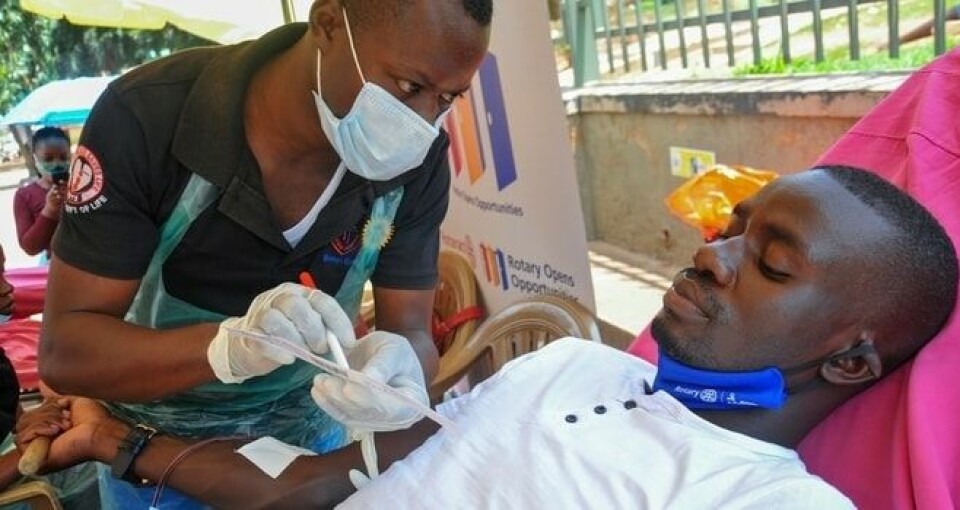Copyright : Re-publication of this article is authorised only in the following circumstances; the writer and Africa Legal are both recognised as the author and the website address www.africa-legal.com and original article link are back linked. Re-publication without both must be preauthorised by contacting editor@africa-legal.com
Taking the COVID Vaccines to the last Mile

Access to the Covid-19 vaccine shines a harsh light on global inequalities, writes Keith Kibirango, Head of Africa Philanthropy for the global charity, Save the Children.
As we start 2021, no one can deny that we are headed for another wave of the pandemic. More countries are entering harsher lockdowns and grappling with new variants of the virus that is spreading much faster.
There is light at the end of the tunnel this time round. We have been told to hold on a little longer as the infection rates come down – at least here in the UK, as most of the population gets vaccinated. The UK has approved three different vaccines – the Pfizer-BioNTech, Oxford University-AstraZeneca and the Moderna vaccines. With more than 100 million doses for a population of 66 million people, the UK is in with a fighting chance.
With such endeavours by wealthier countries to purchase vast amounts of the vaccines, one cannot help but wonder what happens to countries that may not have the financial muscle and influence to have access to the vaccines in such staggering quantities. Having just travelled back from Uganda, I witnessed the rising number of deaths from Covid-19 that are most likely unreported. In one week, I personally knew four people who died of Covid-19 in my community. Regardless of what the media may say, and the conclusion that Africa has fewer deaths, I strongly believe that something should be done to address this timebomb. We cannot simply stand by and hope that the numbers do not reach the levels seen in Europe and America.
As the world puts its faith in the vaccines, what then happens to countries, communities and the most disadvantaged who have no access to the vaccine, cannot afford it or simply do not know of its existence. As of January 2021, the Nigerian and South African governments had ordered 100,000 and 1.5 million doses respectively. I am not aware of any other African governments that have put in any orders for the vaccines and I conclude that we have less than 2 million doses for a population of 1.2 billion people across Africa. Compare this with the doses available to a much smaller population of Europe.
These figures show the glaring global inequalities that exist, and the pandemic has brought them to the forefront for all to see. Wealthier countries have been able to ensure first and faster access of the vaccines for their populations. The Pfizer/BioNTech vaccine that must be kept at minus 70 Celsius makes it almost impossible to transport across vast parts of sub-Saharan Africa as the logistics of doing so are impractical. As a result, those living in wealthier economies will get faster protection while poorer countries may have to wait till 2022 and beyond. In the meantime, the death toll will continue to rise in African communities that still struggle to access Personal Protection Equipment and sanitizer while social distancing is all but a myth in city slums and markets.
What the virus has shown is that no one is safe until we are all protected. As a connected world, what can we do to ensure that every person has access to the life-saving vaccines? I commend COVAX, the global initiative that is ensuring rapid and equitable access to Covid-19 vaccines for all countries, regardless of income level. COVAX recently announced that it had arrangements in place to access nearly two billion doses of the Covid-19 vaccine. This is a step in the right direction but more needs to be done.
We need to have more doses available to poorer countries and focus on vulnerable communities. Thought has to be given to the logistics of getting the vaccine to the deepest villages while ensuring that the cost is not prohibitive. We should ensure the vaccines can reach the last mile – the journey from the lab to the jab is often the biggest hurdle for many African countries.
To join Africa Legal's mailing list please click here
